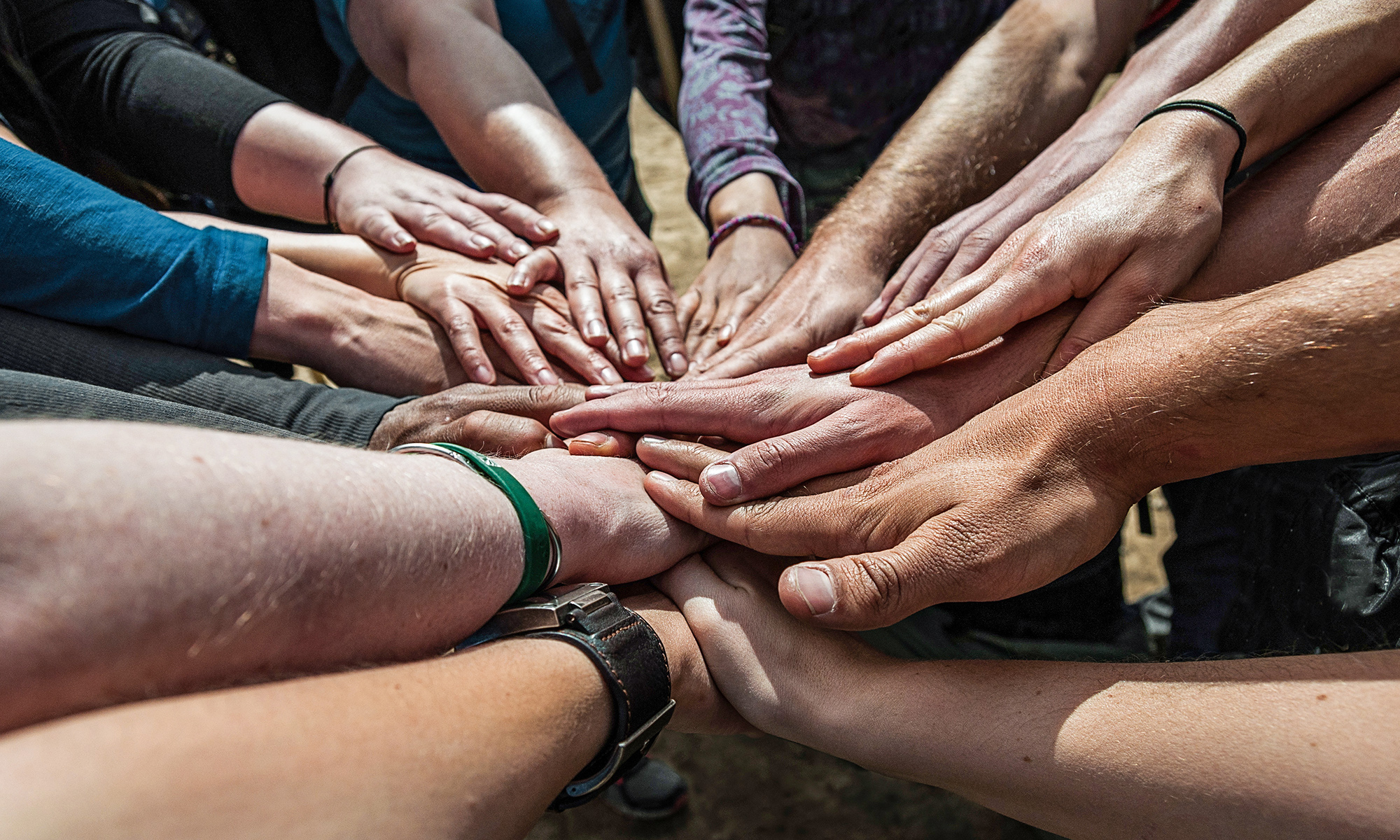
Aotearoa New Zealand must do more to strengthen its long-term societal cohesion says Sir Peter Gluckman
New Zealanders’ high compliance with Covid-19 lockdown rules and our collective responses to the Auckland and Christchurch terror attacks demonstrate our societal values and commitment to a cohesive society.
But Sir Peter says longer-term societal issues could undermine our social cohesion and it’s time we had honest conversations about our future as a country and society.
Sir Peter heads Koi Tū: The Centre for Informed Futures – a non-partisan think tank based at the University of Auckland with national and international members – which focuses on societal resilience in face of social, technological, economic, environment and geopolitical change.
In a new commentary, Transitions, Transformations and Trade-offs: Protecting and strengthening societal resilience and cohesion, Sir Peter writes about trust and cohesion in Aotearoa New Zealand.
He describes how social cohesion is built on two axes of trust: vertical trust is between citizens and government, while horizontal trust is among citizens and groups within society.
“Today, many societies face significant challenges to their cohesion and resilience. As the diversity of worldviews and values mix, they can bring a richness of experience and innovation but they can also increase polarisation as identities and values collide.”
“New Zealand could be viewed as undertaking a grand national experiment, founded on the bicultural ideals of Te Tiriti o Waitangi, while at the same time welcoming an extraordinarily diverse range of migrants over the past 180 years. The potential for tensions arising between a bicultural and multicultural agenda make it critical to think about how to sustain our societal cohesion.”
“We remain relatively privileged in terms of cohesion and trust, but we cannot be complacent. Pressures, strains and potential threats to our social fabric must not be dismissed and we must put continual efforts into taking a more strategic and future-focused approach to our situation.”
Sir Peter says New Zealand’s social cohesion or horizontal trust is considered strong, particularly when we look at how we have collectively responded to immediate crises such as the pandemic lockdowns or the Auckland or Christchurch terror attacks.
He says our vertical trust has been high for many decades and has been significantly enhanced by the political leadership demonstrated during the pandemic.
“But beyond a crisis, vertical trust is ultimately dependent on truth, transparency and clarity of decision-making – not only the outcomes, but in the processes used to reach it; ensuring that stakeholders are considered and consulted and being open about trade-offs,” he says.
Sir Peter says it’s the long-term social issues such as climate change, economic transition, and social transition with an increasingly diverse population, that we need to be concerned about.
“If we don’t have a good understanding of our society’s fabric and the things that threaten its integrity, we cannot deal with these challenges.
“With today’s hugely diverse values and worldviews, how is societal cohesion built and maintained? Cohesion is essential for society to be resilient to both internal and external pressures. A resilient society can adapt and continue to thrive in the face of change because its members are willing to work together in support of the common good.”
Sir Peter, who becomes President of the International Science Council next month, says that around the world Covid-19 has allowed many democratic governments to become more autocratic in their decision-making – highlighted as a particularly worrisome and potentially infectious trend.
Sir Peter suggests exploring models, such as a deliberative democracy toolkit and complex conversation tools that Koi Tū is pioneering in an Aotearoa New Zealand context, will help.
“We need to be having public conversations about these issues and developing new democratic processes to ensure that in the long-term we remain an inclusive and equitable society.”
Koi Tū chair, Bridget Coates, says in its 18 months of operation, Koi Tū has filled a gap in assessing and analysing long-term issues challenging New Zealand’s future.
“Koi Tū’s thinking on the big issues ahead for New Zealand, as reflected in its ongoing series The Future is Now, demonstrate the value of non-partisan thinktank willing to address some of the most complex issues in a constructive manner.”


